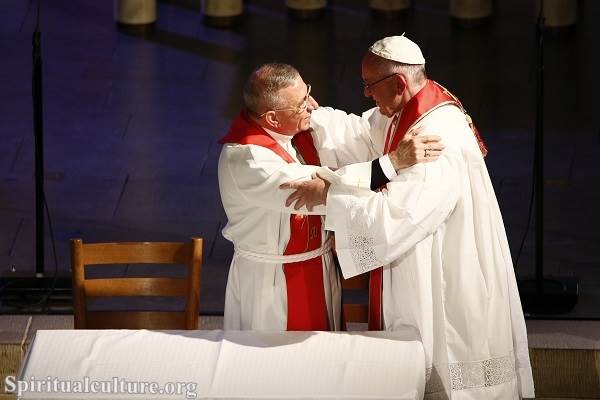In Protestantism, confessing sins is seen as a way to acknowledge wrongdoing and turn away from it, as well as to seek forgiveness from God and from those we have wronged.
Protestant denominations may have different practices and traditions surrounding the confession of sins.
Confession is an important part of the Christian life because it helps us to acknowledge our wrongdoing and turn away from them. In Protestantism, confessing sins is seen as a way to seek forgiveness from God and to grow in our relationship with Him.

Many Protestant churches have a formal rite of confession, such as the confession of sins as part of a worship service or in private with a pastor.
Some Protestant churches also encourage believers to confess their sins privately to God through prayer.
In addition to confessing sins to God, Protestants may also confess their sins to other believers as a way of seeking accountability and support in their walk with God.
Confession is seen as an act of humility, as it involves acknowledging our need for God’s forgiveness and grace. By confessing our sins and turning away from them, we can experience the cleansing and transformative power of God’s love and grace.
Ultimately, the importance of confessing sins in Protestantism is rooted in the belief that confessing and turning away from sin is necessary for believers to grow in their faith and relationship with God.


